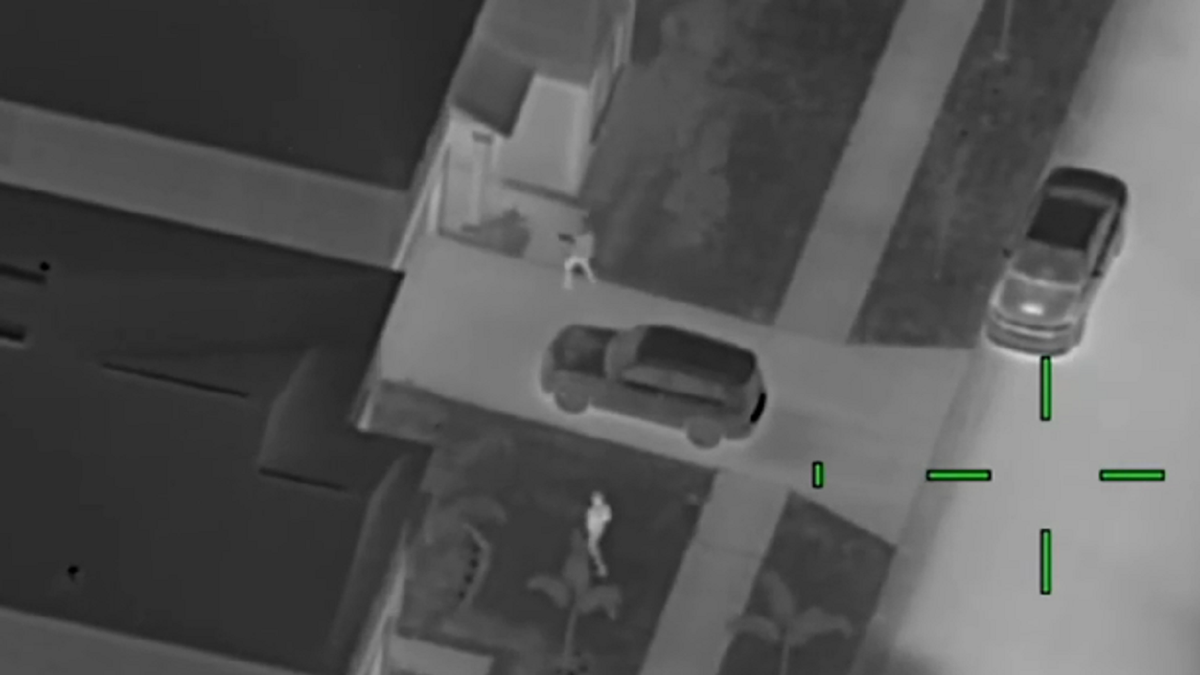The Senate has overwhelmingly passed an $895 billion defense policy bill, marking a significant step towards enhancing national security and supporting military personnel. The legislation, which now awaits President Biden's signature, includes a substantial pay raise for servicemembers and provisions impacting transgender care within the military.
The bill's passage by a vote of 85 to 14 reflects broader bipartisan support in the Senate compared to the House, where disagreements over transgender provisions led to more dissenting votes from Democrats. The legislation restricts Tricare, the military health care provider, from covering transgender care for individuals under 18 that could lead to sterilization.
This comprehensive 1,800-page bill outlines the allocation of $895.2 billion for defense and national security, representing a 1% increase over the previous year's budget. While this increase falls short of some defense advocates' expectations, the bill prioritizes quality-of-life improvements for servicemembers, addressing recruitment challenges that have been a focal point of bipartisan discussion. Key provisions include a 14.5% pay increase for junior enlisted personnel, improved access to child care, and job support for military spouses. All servicemembers will receive a 4.5% pay raise starting January 1st, with civilian personnel within the Department of Defense receiving a 2% increase.

The NDAA establishes policy, while a separate spending bill, to be voted on by the next Congress under a narrow Republican majority, will provide the actual funding for these programs.
Addressing national security concerns, the bill implements restrictions on Chinese-made drones, particularly those from DJI and Autel Robotics, due to worries about potential foreign surveillance. It mandates a national security agency investigation into the risks posed by these drones, with potential consequences for their operation in the U.S.

DJI, the world's leading drone manufacturer, holds a significant share of the U.S. commercial drone market. The bill allocates increased funding for counter-drone measures and mandates the establishment of a dedicated task force to address this evolving threat.
While the bill enjoys broad support, some Democrats voiced concerns regarding the transgender care restrictions. Senator Tammy Baldwin led efforts to remove these restrictions, emphasizing the right of military families to make their own healthcare decisions. Other Democrats, while acknowledging these concerns, highlighted the bill's positive aspects, including strengthening defenses against China, raising military pay, and investing in new technologies.

Senate Majority Leader Chuck Schumer acknowledged the need for bipartisan compromise in passing this essential legislation. Senator Jack Reed noted that while the bill is not perfect, many of the more extreme provisions from the House version were removed during negotiations.
The NDAA also addresses border security, potentially deploying the National Guard to assist with illegal immigration and drug trafficking. It explores the possibility of allowing facial hair for Air Force and Space Force personnel, directing a feasibility study on the matter. Furthermore, the bill extends a hiring freeze on diversity, equity, and inclusion (DEI) roles pending an investigation into the Pentagon’s DEI programs.
While the bill did not include an expansion of IVF access for servicemembers or roll back a provision on abortion-related travel reimbursements, it did achieve significant cost savings by cutting inefficient programs and obsolete weapons, according to House Speaker Mike Johnson.








